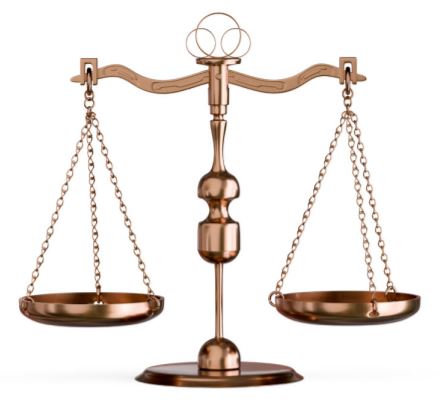General debts of an estate are the miscellaneous bills of the decedents, such as utility bils and credit card payments, which remain unpaid at the time of death. A priority system exists for the orderly payment of claims. The Executor’s and Attorney’s fees for handling the estate generally are paid first. Taxes are typically paid next. General debts, such as credit advances or utility bills would usually be paid last.
In general, a person cannot be made responsible for others’ general debts without consent. Unless the decedent gave away his or her assets to someone shortly before dying, or otherwise acted in concert with them to defraud the creditors, the beneficiaries should not have to pay the creditors just because they are beneficiaries. There may be nothing left in the estate for the beneficiaries after paying the creditors. But, the beneficiaries will not owe the creditors money.

